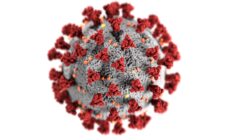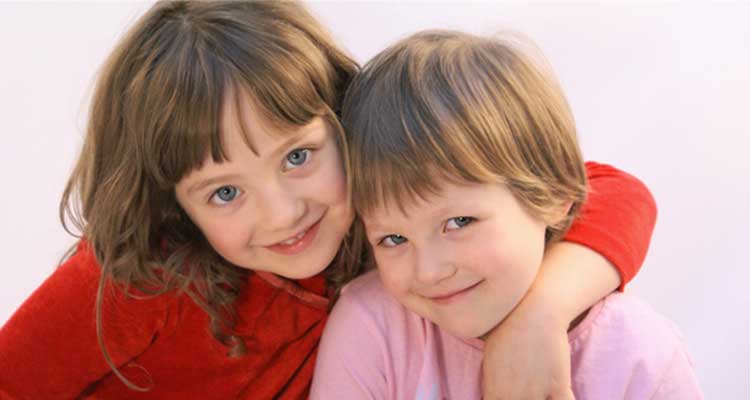Meningitis is an inflammatory disease affecting meninges, a protective membrane covering the brain and spinal cord. It is a contagious disease.
Main Causes:
The main causes for meningitis are the micro-organisms like virus and bacteria and even fungi. The viral infection can be seen more often and can disappear even without the treatment. The bacterial infections are the rare one but a dangerous one, which need immediate hospitality treatment.
Few risk factors involved:
- Age-viral infections are mainly seen in the infant stage. Bacterial are seen in the early childhood ages
- Improper vaccination in the childhood
- existing in centre of populated locality-where close contacts are possible, especially risk is through the respiratory droplets
- pregnant women are more susceptible to listeria bacterial infection, which increase the risk
- Reduced immune power due to use of drugs for the other disease of the body.
- Exposure to toxic chemical substances
- Exposure to the domestic animals and other animal related works increase the infection of listeria, which increase the risk of meningitis
Types of meningitis:
There are different types of meningitis seen according to infecting organism and area of body affected.
- Aseptic meningitis
- Cryptococcal meningitis
- Neoplastic meningitis
- Meningococcal meningitis
- Pneumococcal meningitis
- Tuberculous meningitis
- Staphylococcal meningitis
- Syphilitic meningitis
- Neonatal meningitis
Symptoms:
- Severe fever and chills
- Change in the mental power status
- unsettled stomach
- Vomiting
- Severe headache
- Stiff neck and even stiff body in few babies condition
- extreme lethargy
- loss of appetite
- intolerance to exposure of light
- convulsions
- protest behaviour
- increased breathing rate
- bulging fontanelles
Indication to see a doctor
If the following signs are seen in any one member of the family doctors intervention is required immediately.
Because the bacterial meningitis are the serious condition if left untreated can lead to death.
- Sudden High fever
- Unrelated mental confusions
- Unrelated headache with severity
- Stiffness in neck, whole body stiffness in babies
- Vomiting or nausea
Tests and Diagnosis:
Doctors make a diagnosis with support of the health history, physical and mental exams and indicative assessment.
Blood test: Blood sample taken are tested under laboratory condition to check for whether it grows any micro-organisms in it. Mostly check for the bacterial presence by placing the samples with stains under the microscope.
Lumbar puncture: this lumbar puncture is done to check the cerebrospinal fluid (CSF) levels and any infection causing bacteria or virus seen in the fluid. The protein present in fluid and cell counts is checked to detect meningitis.
Polymerase chain reaction test: this test is done to check for any viral infection causing meningitis.
Imaging tests: mostly CT scan and MRI scan are taken to reveal the inflammation or swelling in other areas especially in the brain region. And also check for the internal blood loss and defect.
Treatment:
As meningitis is infection related antibiotics are administered, mostly for the bacterial infections. In few cases it can be administered intravenously.
Antibiotics are not very effective against the viral induced infections. It is treated with proper care and other medication steps advised by doctors.
Complete bed rest is administered.
Various medications to cure symptoms of meningitis are administered.
Reduction of swelling is needed to be done.
Pain killers are administered to reduce the severe headaches.
Preventive measures should be taken immediately against the brain related shock conditions and convulsive seizures.
Preventing:
- Proper vaccination programme beginning from the childhood should be administered at the right time
- Avoid close contact with the affected





